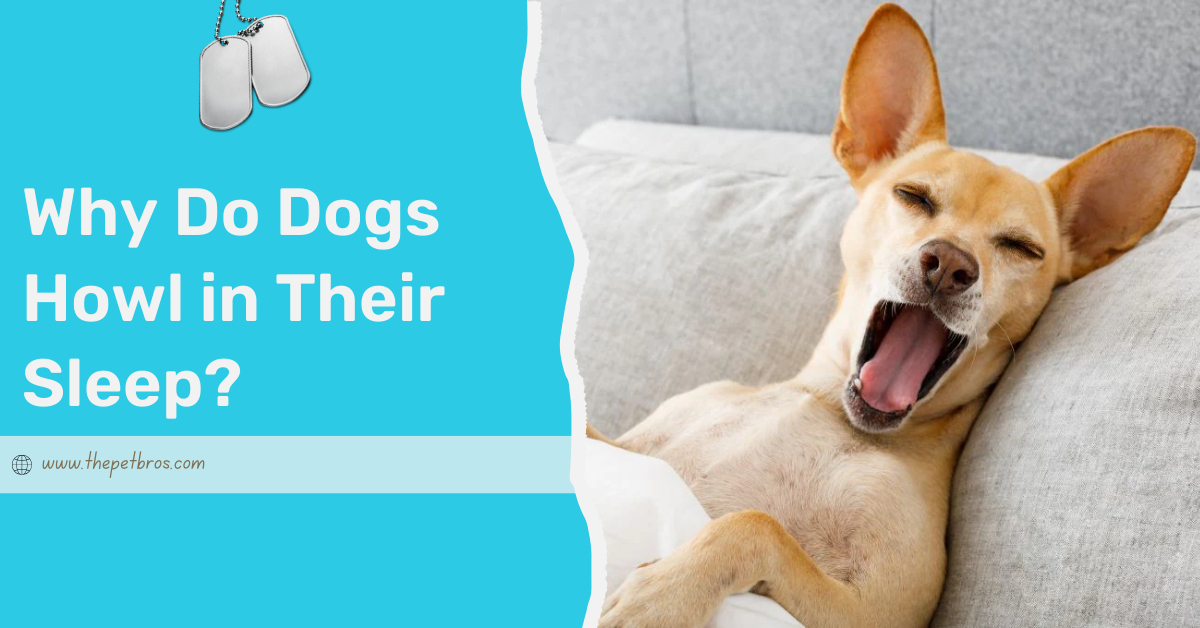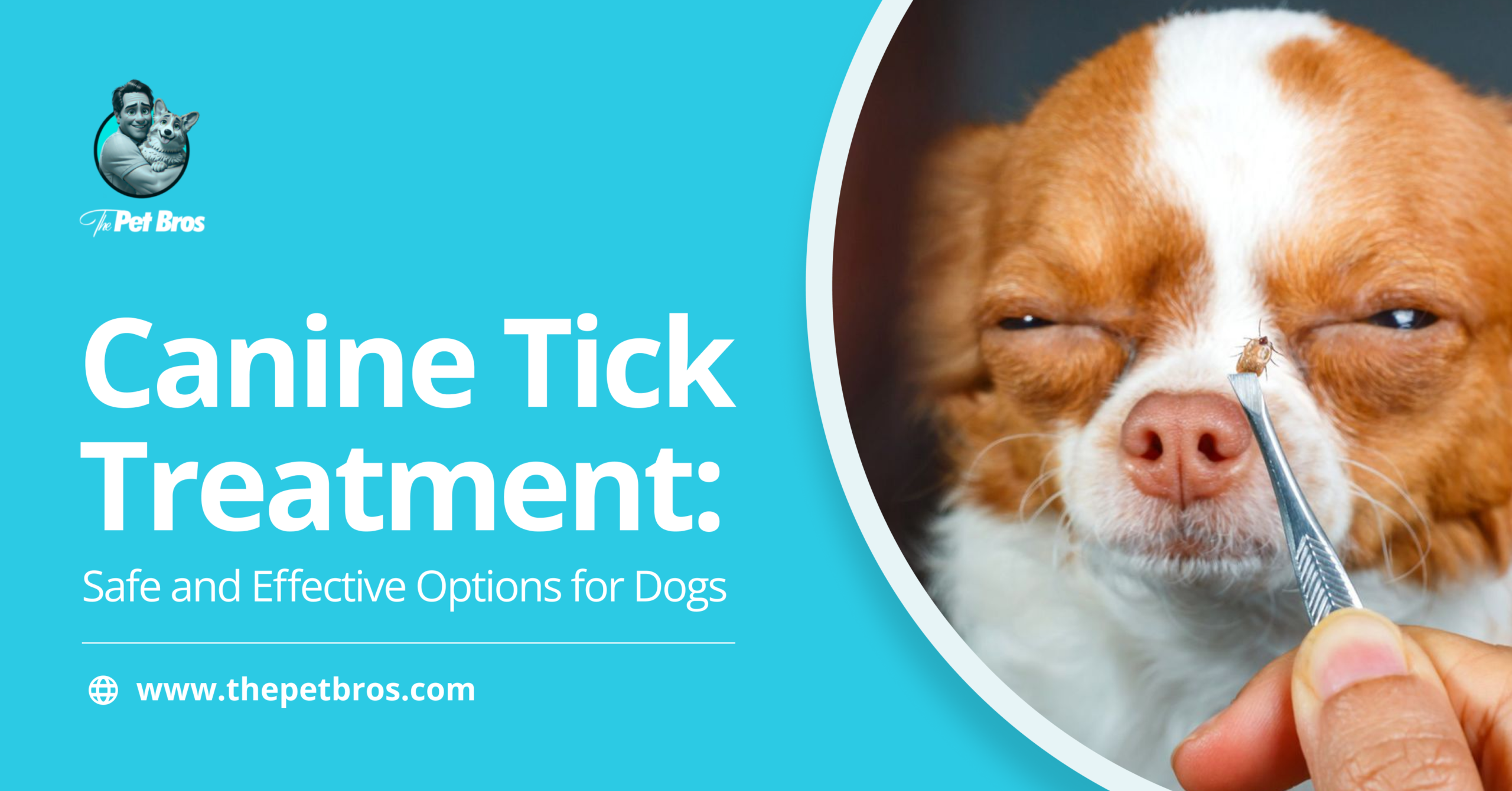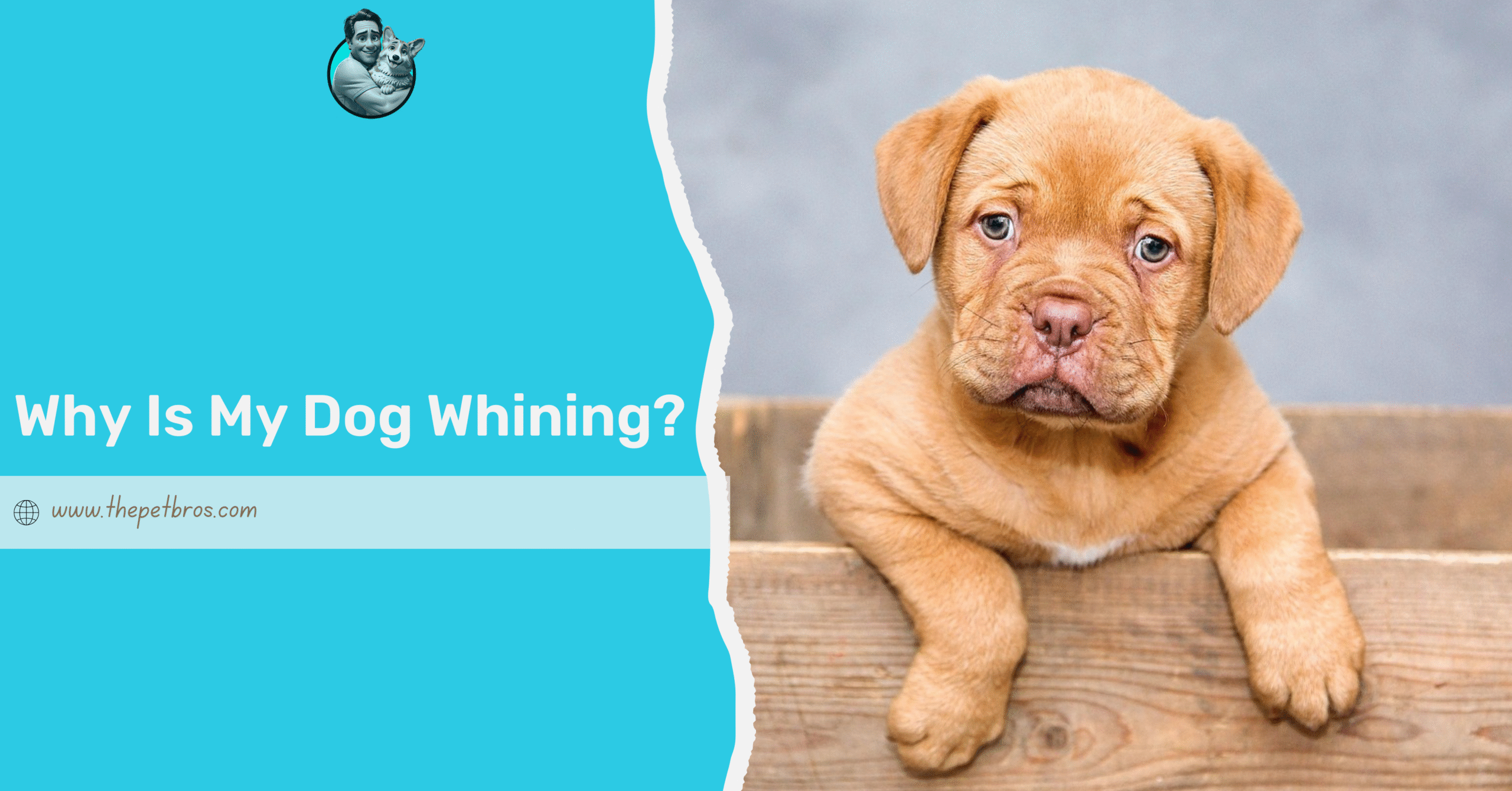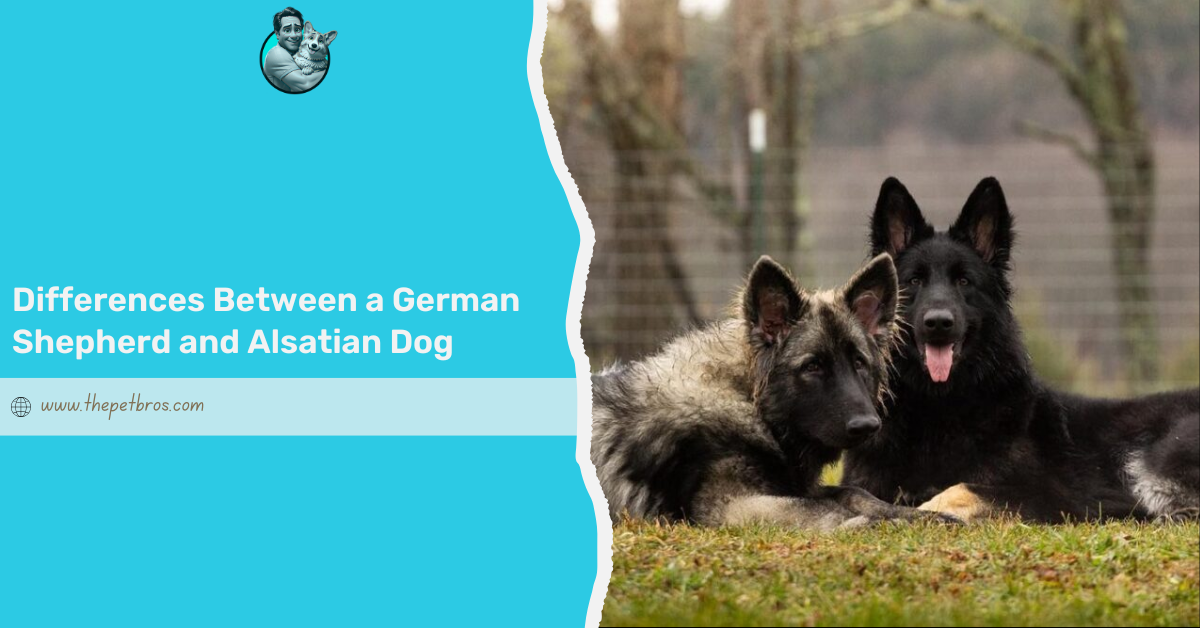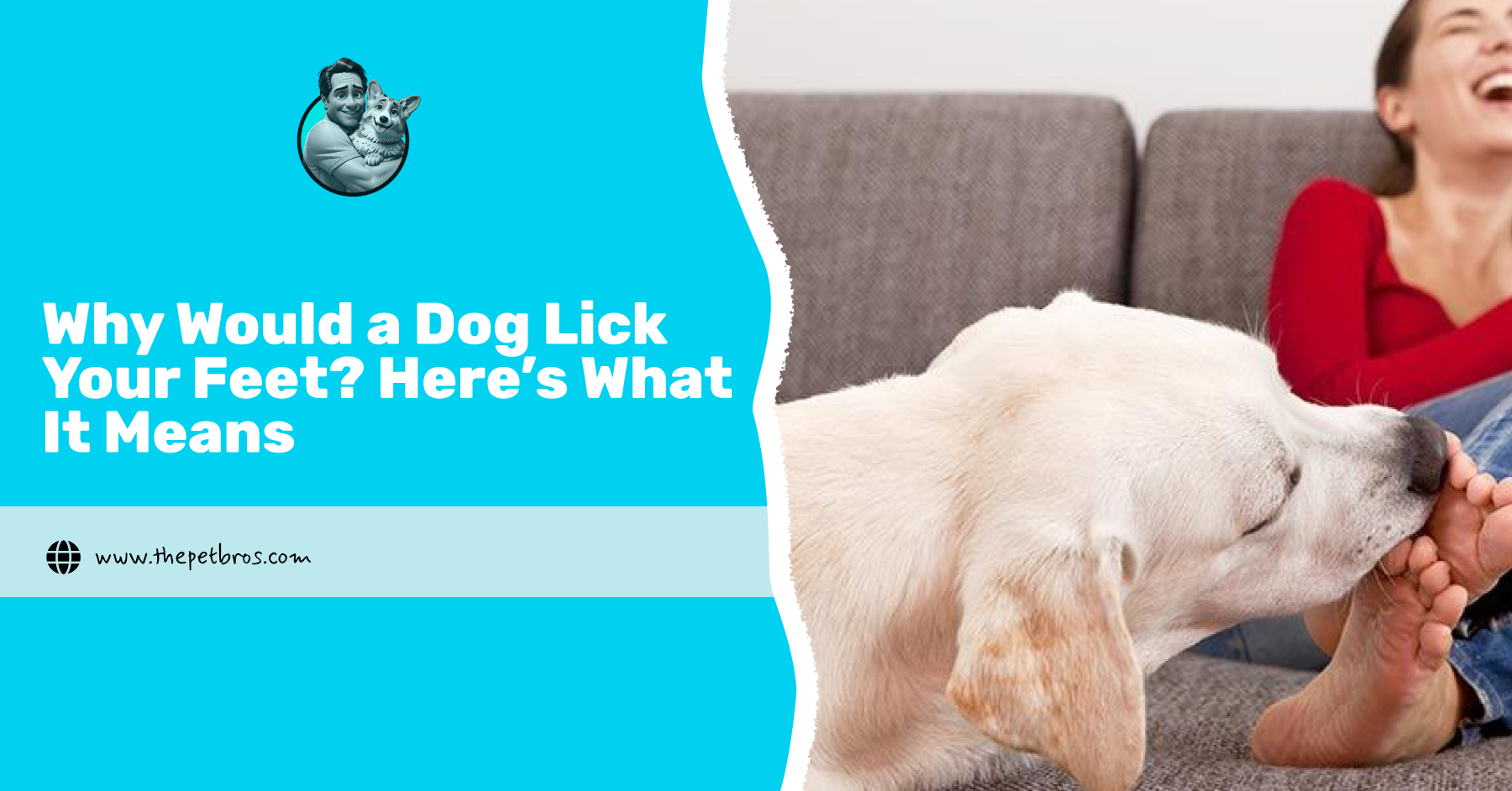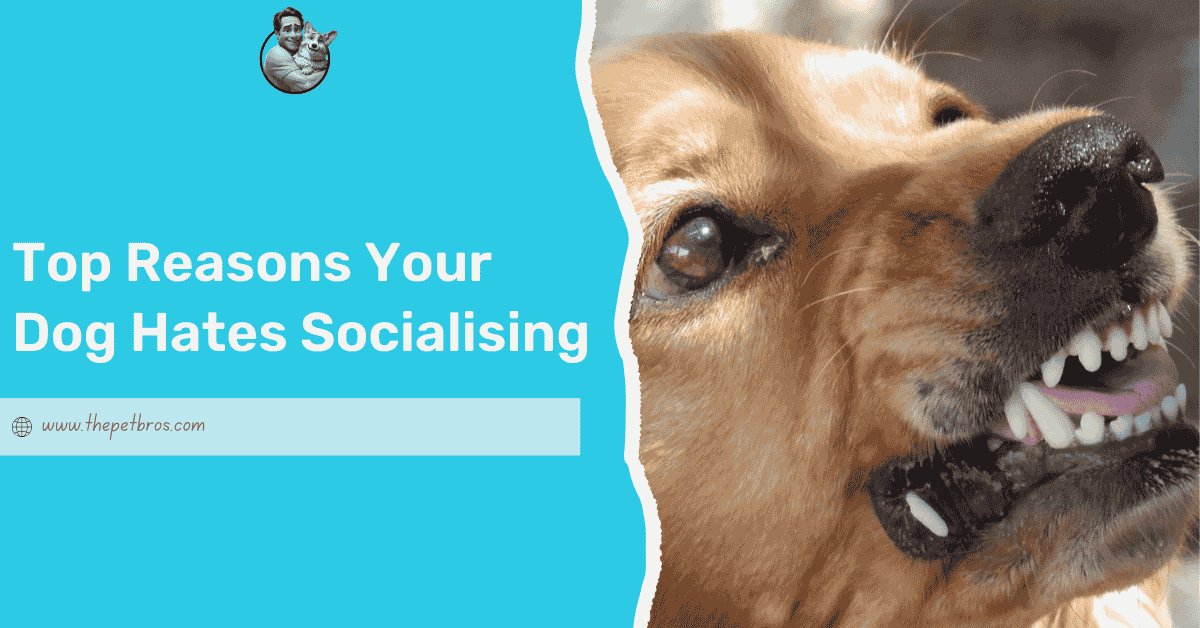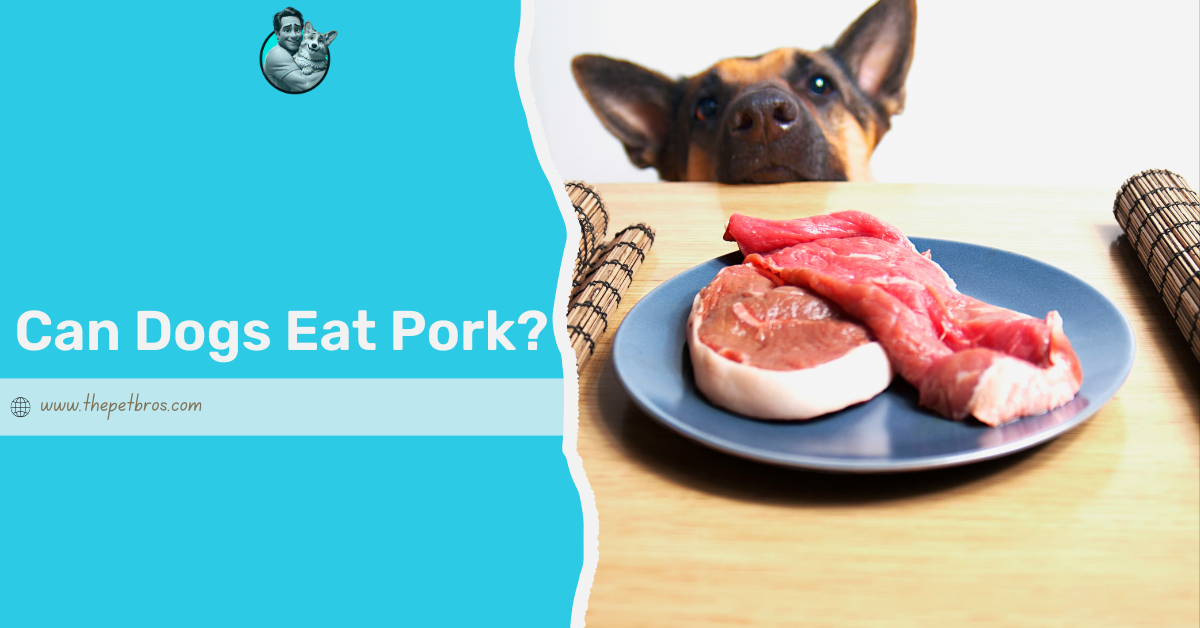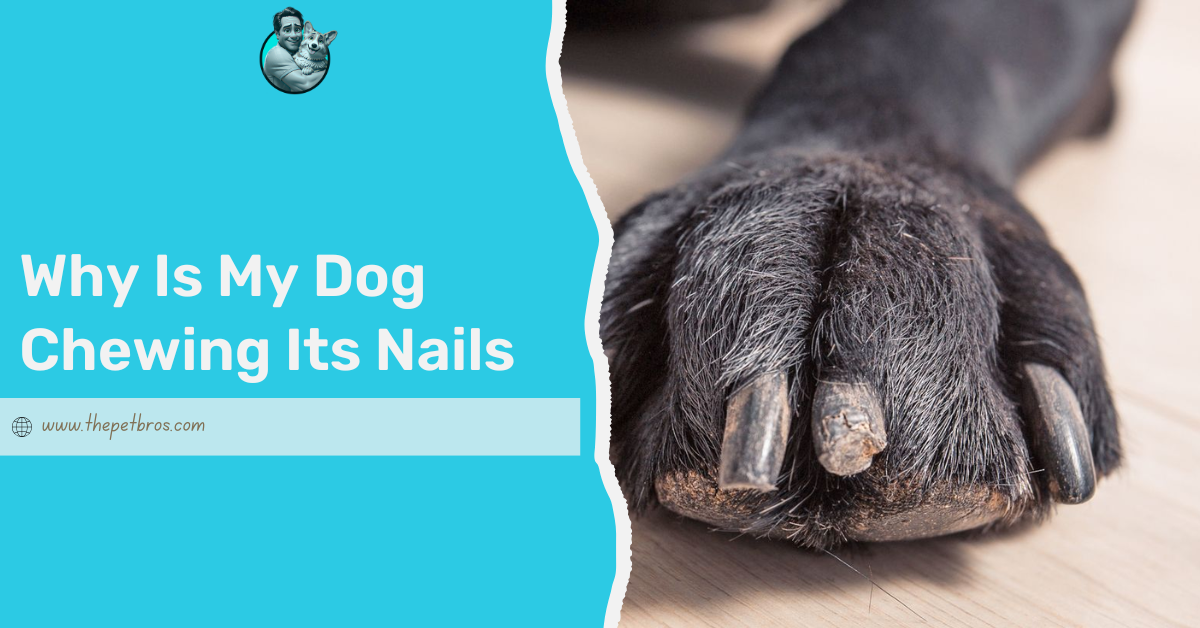A few months ago, my friend told me about her dog, Bella, who had started howling in her sleep. At first, she didn’t think much of it, but when it became a regular thing, she began to worry — was Bella having bad dreams, or was something else going on?
This got me thinking: Why do dogs howl in their sleep? It’s one of those odd, almost mysterious things many pet owners experience but rarely understand. So, I decided to dig deeper into the reasons behind it, and what I found was both fascinating and reassuring. If you’ve ever heard your own dog howl while sleeping and wondered what’s going on, you’re not alone. Let’s explore why this happens and what, if anything, you can do about it.
Understanding Dog Sleep Cycles and Behaviours
First, let’s understand dog sleep cycles and their behaviours. Just like humans, dogs go through different stages of sleep, including light sleep, deep sleep, and the Rapid Eye Movement (REM) phase. It’s during the REM phase that dogs, much like us, are most likely to dream.
According to the American Kennel Club, Dogs spend about 10-12% of their sleep time in REM sleep, compared to humans, who spend around 20-25%. This difference means that dogs are more likely to wake up and fall back asleep throughout the night, leading to multiple dream cycles. During these dreams, dogs might be reliving their day, chasing a squirrel, or even revisiting a distant memory. And just like humans, these dreams can range from happy and exciting to confusing or even slightly distressing.
While dreaming is a normal and healthy part of a dog’s sleep cycle, the behaviours they exhibit during these dreams, such as howling, can vary significantly from dog to dog. Nonetheless, it is usually just a sign that they are deep in a dream, not necessarily a cause for concern. However, knowing what is normal can also help you identify when something might be off with your furry friend’s sleep behaviour.
Why Do Dogs Howl in Their Sleep?
1. Dreaming of Daily Activities and Instinctive Behaviours
As I mentioned earlier, dogs experience similar to humans, where they often replay their daily experiences or instinctive behaviours. And this is probably the most common reason dogs howl in their sleep.
During REM sleep, dogs may recall moments from their day, such as chasing a ball, playing with other dogs, or even guarding their territory. For dogs, howling can be a natural way to communicate with their pack. When dogs dream about these instinctive behaviours, like howling to alert the pack or express excitement, they may vocalize those feelings in their sleep.
Certain breeds with strong ancestral traits, such as Huskies, Beagles, and other hound breeds, have a natural tendency to howl. If your dog belongs to one of these breeds, their howling might simply reflect their genetic predisposition to vocal communication, even in their dreams.
2. Emotional Responses and Expressive Dreams
Dogs, like humans, can have dreams that trigger a wide range of emotions, including happiness, fear, anxiety, or excitement. A dog howling in its sleep might be expressing these emotions. For example, if a dog has been left alone for a while or has had a stressful day, it might have dreams of separation or fear, leading to howling. On the flip side, dogs might also howl during happy dreams, such as reuniting with their owners after a long day or playing with their favourite toy. This type of howling is often a subconscious expression of the emotions they are experiencing in their dream world.
It is essential to observe the context and frequency of the howling. If it’s sporadic and doesn’t seem to distress your dog, it’s likely just an expressive dream. However, if it becomes more frequent, it could be a sign that your dog is experiencing recurring stress or anxiety in its dreams.
3. Responding to External Stimuli
Another reason dogs howl in their sleep is to respond to external stimuli. Even when they are fast asleep, dogs are still highly sensitive to their environment. Their acute senses, especially hearing, can pick noises that we might not even notice. If a dog hears a distant siren, a barking dog in the neighbourhood, or even subtle noises like footsteps outside, it may react by howling in its sleep. Sometimes, these sounds get woven into the dog’s dream, causing them to howl as if they were awake. This is sometimes also the case when dogs howl at night.
If this is the case for your dog, consider their sleeping environment. Creating a quieter and more secure space for them may help reduce such occurrences. White noise machines or calming music designed for dogs can sometimes help mask disruptive external noises.
4. Anxiety, Stress, or Previous Trauma
Howling during sleep can sometimes indicate underlying anxiety, stress, or a traumatic experience. Dogs with a history of neglect, abuse, or frequent changes in their environment are more likely to have anxious dreams. These dreams can result in howling, as the dog may be reliving a stressful event or feeling vulnerable. Even everyday stresses, such as moving to a new home, being left alone for extended periods, or changes in the household routine, can cause a dog to howl during its sleep.
5. Medical Reasons or Discomfort
While howling in sleep is often normal, it can sometimes be a sign of discomfort or an underlying medical issue. Conditions such as arthritis, gastrointestinal discomfort, or neurological disorders can cause dogs to howl in their sleep. If a dog’s howling is persistent, accompanied by signs of distress, or followed by difficulty waking up or disorientation, it’s essential to consult a veterinarian as soon as possible. They can rule out any medical conditions that might be causing this behaviour.
Also, paying attention to other signs, such as changes in appetite, activity levels, or general demeanour, can help identify if a medical issue might be causing the howling. Early detection of such issues is key to providing the best care for your furry friend.
6. Breed-Specific Traits
Some breeds are simply more prone to howling, whether awake or asleep. Breeds like Siberian Huskies, Beagles, Alaskan Malamutes, and Bloodhounds have a natural tendency to howl. This behaviour is part of their genetic makeup, originating from their ancestors who used howling as a means of communication over long distances or as a part of hunting strategies. If you own one of these breeds, their howling might be more pronounced during sleep as well. It doesn’t necessarily mean something is wrong; rather, it is just part of their vocal nature. Understanding your dog’s breed characteristics can help set realistic expectations and reduce concerns over behaviours that are entirely natural for them.
How to Help Your Dog Sleep More Comfortably and Prevent Howling While Asleep
While discussing some of the reasons why dogs howl in their sleep, I have mentioned a few ways to help your dog sleep better. Nonetheless, let’s examine some of these remedial strategies below:
- Create a Calm and Comfortable Sleeping Environment: A comfortable and calming sleep environment is essential to help your dog rest peacefully. Start by choosing a cosy dog bed that supports your dog’s size and sleeping style. Orthopaedic beds can be especially beneficial for older dogs or those with joint issues, providing added comfort and reducing the likelihood of discomfort-related howling. Also, place the bed in a quiet area of your home, away from high-traffic zones and loud noises. As I said earlier, dogs are sensitive to their surroundings, and a serene environment can prevent them from being startled by external stimuli, which might otherwise cause them to howl while sleeping. Some pet owners find that using white noise machines or playing calming music for dogs can help drown out disruptive sounds and create a more soothing sleep atmosphere.
- Maintain a Consistent Sleep Routine: Dogs thrive on routine, and establishing a consistent sleep schedule can help regulate their sleep patterns. Try to maintain regular times for feeding, play, and bedtime. Avoid stimulating activities, such as intense play or long walks, right before bedtime, as these can lead to restlessness or vivid dreams that might result in howling. Instead, engage your dog in calming activities before bed, like gentle petting, light brushing, or giving them a favourite toy to snuggle with. This kind of routine helps signal to your dog that it’s time to wind down, promoting more restful and uninterrupted sleep.
- Address Anxiety and Stress: Calming aids, such as anxiety wraps, pheromone diffusers, or calming supplements designed for dogs, can be helpful in reducing anxiety. Providing a safe and secure space, like a crate or a specific corner of the room, can also make your dog feel more protected and less anxious during the night. For dogs with severe anxiety or past trauma, consider consulting a professional dog behaviourist. They can provide tailored strategies to help your dog overcome their fears and reduce anxiety-driven behaviours, including sleep howling, or even breathing heavily while sleeping.
- Provide Plenty of Daytime Physical Activities: A well-exercised dog is more likely to have a deeper, more restful sleep. Make sure your dog gets adequate physical exercise and mental stimulation during the day. This can include regular walks, playtime, puzzle toys, and interactive games. Physical activity helps expend excess energy, while mental stimulation keeps your dog’s mind engaged and less prone to anxious behaviours. However, be mindful not to overdo it, especially in the hours leading up to bedtime. Striking the right balance between physical and mental activity can help your dog feel tired and content, leading to more peaceful sleep.
- Consider Diet and Health Factors: Ensure your dog is eating a balanced diet that meets its specific nutritional needs. Overfeeding, feeding too late in the evening, or giving them foods that might upset their stomach can lead to restless nights and potentially more howling. Regular veterinary check-ups are also crucial. Some sleep disturbances, including howling, could be linked to underlying health issues, such as digestive problems, pain, or neurological conditions. A veterinarian can help rule out or address any health concerns that might be contributing to nighttime howling.
- Monitor and Record Sleep Behaviour: If your dog’s howling persists and you’re unsure of the cause, consider keeping a sleep diary to monitor their behaviour. Record details such as when the howling occurs, how long it lasts, and any potential triggers or patterns you notice. This information can be valuable when consulting with a veterinarian or a dog behaviourist, helping them to provide more targeted advice and support.
Understanding why dogs howl in their sleep can feel like solving a little mystery about your furry friend’s world. While it can sometimes be surprising or even concerning, most of the time, it’s just a normal part of a dog’s dreaming process. Howling is usually nothing to worry about. However, if you notice that your dog’s howling is frequent, accompanied by signs of distress, or linked to potential health issues, it’s always a good idea to consult with a veterinarian or a professional behaviourist.
At the end of the day, every dog is unique, and understanding their behaviours, whether awake or asleep, helps strengthen the bond you share. Have you experienced sleep howling with your dog? Feel free to share your stories or tips in the comments below. I’d love to hear from you!
Frequently Asked Questions
Should I wake my dog if they are howling in their sleep?
It’s generally best not to wake a dog while they are howling in their sleep. Waking them could startle them and disrupt their sleep cycle. However, if the howling seems excessive or your dog appears distressed, gently comforting them once they wake up naturally might be helpful.
Can a dog’s howling during sleep indicate a health problem?
While most sleep howling is harmless, persistent howling, especially if combined with other signs of discomfort or distress, could indicate an underlying health issue such as pain, anxiety, or neurological problems.
Are certain breeds more prone to howling in their sleep?
Yes, some breeds are naturally more vocal and prone to howling, both awake and asleep. If you own one of these breeds, sleep howling may simply be a natural behaviour for them.
What can I do to reduce my dog’s howling during sleep?
To help reduce sleep howling, create a calm and comfortable sleeping environment, maintain a consistent routine, provide adequate exercise and mental stimulation, and address any anxiety or stress your dog may be experiencing. If the howling persists, consider consulting a vet for further guidance.
How do I know if my dog’s howling is due to a dream or something more serious?
If your dog’s howling is occasional and they seem relaxed once they wake up, it is likely just a dream. However, if the howling is frequent, intense, or accompanied by signs of anxiety, discomfort, or changes in behaviour, it may indicate a more serious issue.
Why does my dog breathe heavily while sleeping?
Heavy breathing in dogs during sleep is often normal and can be a result of their dream state, excitement, or recent physical activity. However, if the heavy breathing is persistent or accompanied by other symptoms like coughing, restlessness, or signs of distress, it could be indicative of a health issue.






